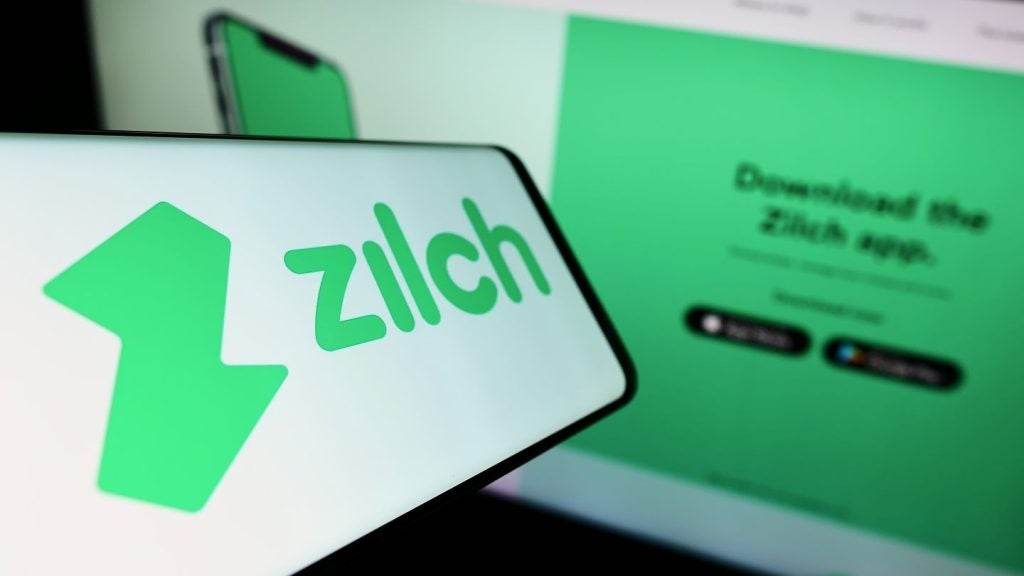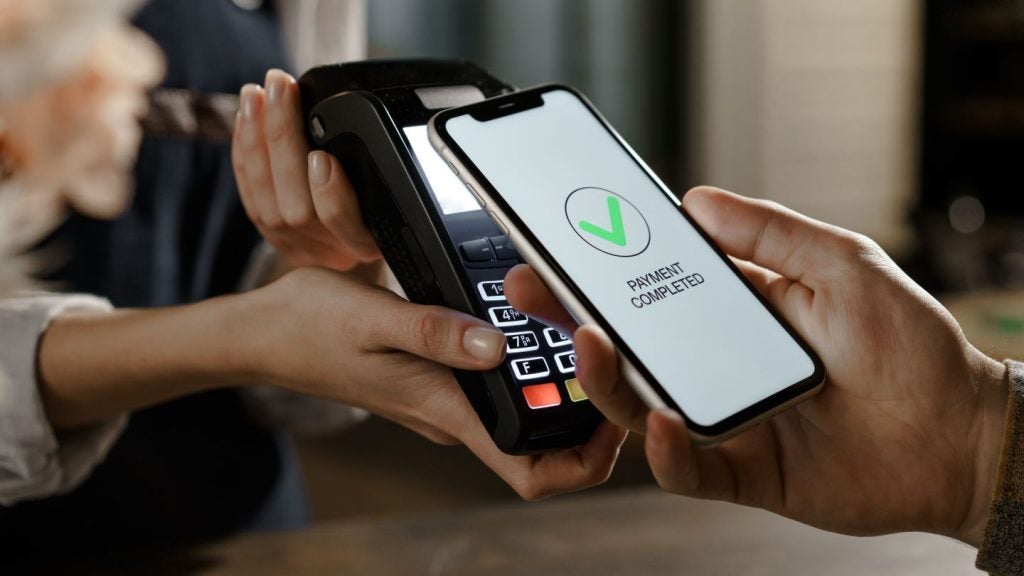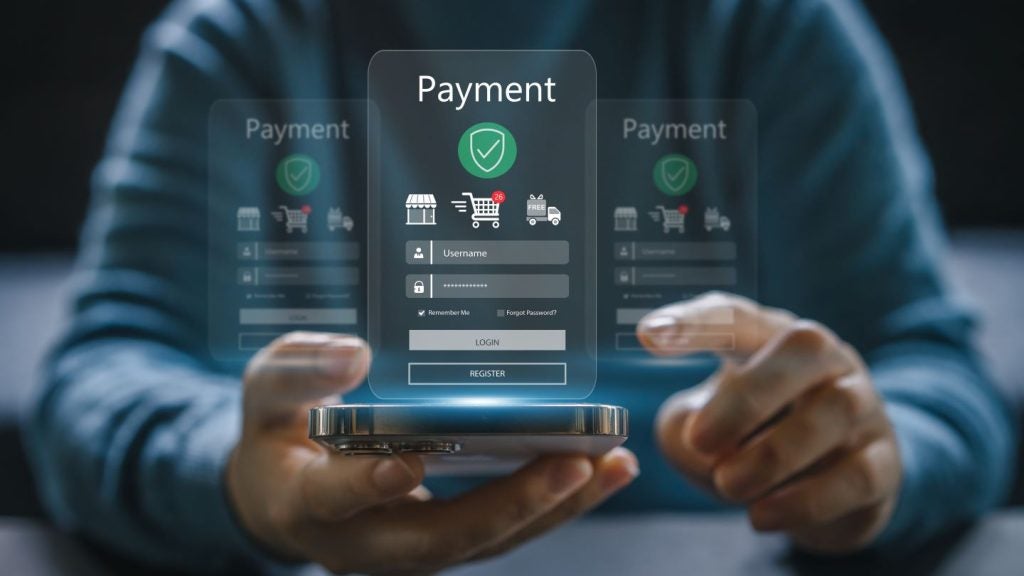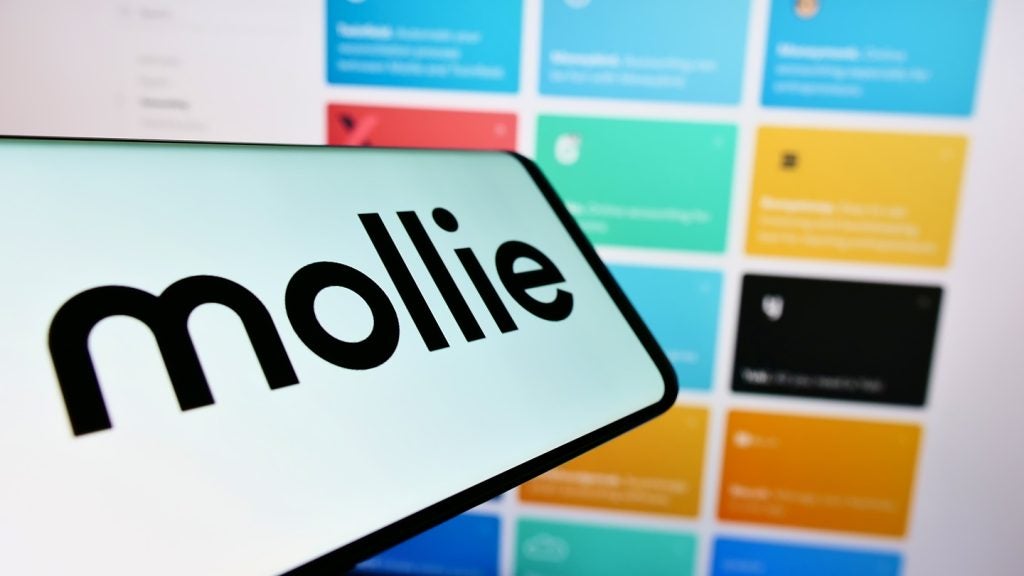Thousands of merchants across the US find themselves in the
unenviable position of being caught between the legal crossfire of
to major payments industry players, Heartland Payments Systems and
VeriFone.
Hostility erupted in September when payment
systems vendor VeriFone filed a lawsuit against Heartland, the
fifth-largest payments processor in the US, alleging a POS terminal
being developed by Heartland infringes one of its patents.

Access deeper industry intelligence
Experience unmatched clarity with a single platform that combines unique data, AI, and human expertise.
The POS terminal forms part of Heartland’s
end-to-end encryption initiative and is being developed in
conjunction with Taiwan-based Uniform Industrial Corporation.
Terminating its
relationship
Heartland refused to back down and VeriFone
responded by announcing it was terminating its support relationship
with Heartland for VeriFone payment systems from 31 December 2009
and was offering merchants direct and free support.
VeriFone said in a statement it had taken this
action to prevent any disruption to merchants as it believed its
litigation over the alleged patent infringement is likely to impact
Heartland’s ability to maintain service levels with its
customers.

US Tariffs are shifting - will you react or anticipate?
Don’t let policy changes catch you off guard. Stay proactive with real-time data and expert analysis.
By GlobalDataIndicative of the significance of its move,
VeriFone estimates 75 percent of Heartland’s customers in the
retail, restaurant and petroleum markets rely upon VeriFone
systems.
Undaunted, Heartland returned fire by
launching a lawsuit against VeriFone in which it alleges that
VeriFone is “engaged in an unlawful and tortuous campaign to punish
Heartland and injure competition”.
In its court filing, Heartland gives credence
to VeriFone’s contention that its withdrawal of services to
Heartland merchants would impact the payments processor’s ability
to maintain service levels.
“VeriFone is critical in serving existing
customers and troubleshooting for problems with the POS terminals
and credit card processing. Heartland provides troubleshooting and
systems integration support for its merchants, which requires
assistance from VeriFone,” stated Heartland in its filing.
“If Heartland were to be cut any support, its
customers would be forced to reach out directly to VeriFone, which
would result in a reduction of service to the customers and an
erosion of Heartland’s relationships with those customers.”
However, in a statement issued shortly after
the filing, Heartland’s chairman and CEO Bob Carr seemingly
contradicted concerns expressed in the court filing.
“Heartland is fully capable, and will continue
to be fully capable, of servicing all of its customers,” said Carr.
“In fact, VeriFone is not able to support our customers. They can’t
because our customers operate on our proprietary payments
processing platforms.
Provide a full service
Carr added: “Heartland is the only entity that
can provide full service – including ongoing service of VeriFone
terminals – to them. This means our servicing of VeriFone-related
issues is not, and will not be, impacted by VeriFone’s false claims
and unethical attempts to scare our customers.”
VeriFone for its part is aggressively pursuing
its objective as indicated by its comment that “thousands of
merchant representatives have begun a nationwide effort to
personally visit Heartland merchants”.
An attempt by Heartland to thwart VeriFone’s
march on its customer base was thwarted on 11 November when a New
Jersey federal judge denied its request for a temporary restraining
order against VeriFone.







